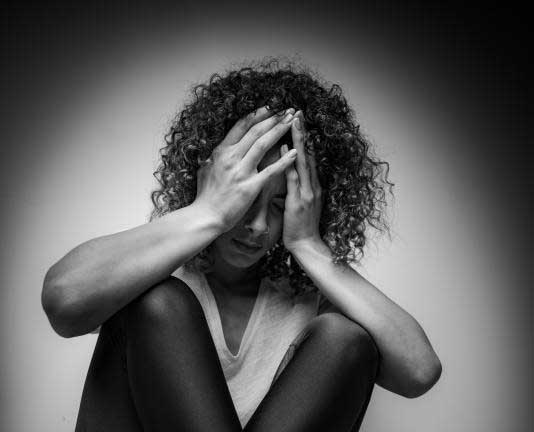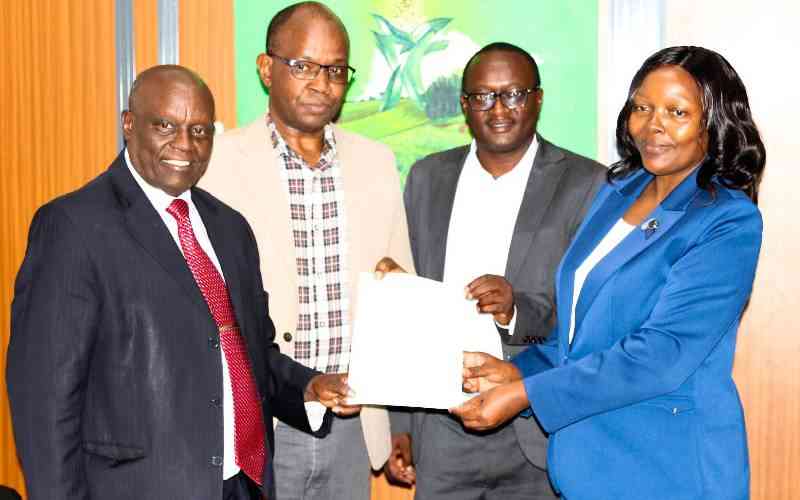×
The Standard e-Paper
Stay Informed, Even Offline

The Covid-19 pandemic has spotlighted the inequalities that women and girls across Kenya continue to face in their quest to realise their rights.
A year after Covid-19 was reported in Kenya, we have seen increasing cases of violence against women and girls with survivors unable to access justice. Massive job losses coupled with the burden on unpaid care and domestic work, school closures, disruption of sexual and reproductive health services have further widened gender disparities with women and girls hit the hardest.







